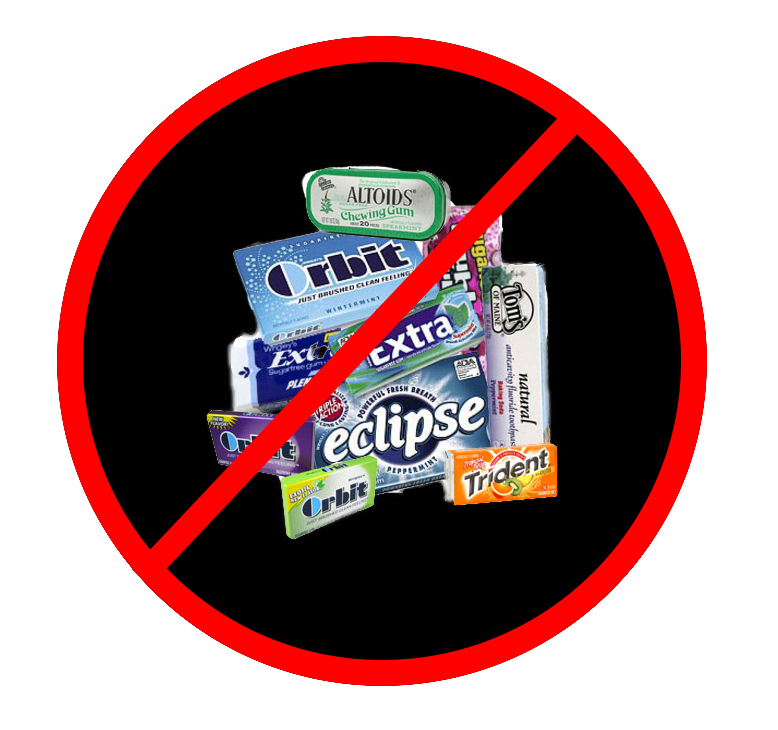 |
| With no antidote available, aggressive treatment is required (image source) |
Xylitol is a sweetener found in many human products.
While sweet to humans, it can be deadly to our pets. Most exposures come from
sugar free gum that our pets have found and ingested, however, xylitol is
becoming very popular and can be found in many backing products, candies and
even toothpaste. If your dog has had exposure to these products it is important
to take action immediately!
 |
| There are MANY different sources of Xylitol found around the home (Image Source) |
Why is Xylitol such a serious problem for our pets? One
of the biggest problems is that Xylitol is very easily and rapidly digested.
This means once your pet eats it, it will be very difficult to get it back. The
first obstacle that we have to deal with is that Xylitol can lead to a VERY low
blood sugar. In the animals’ body it acts similar to insulin which will lower the
blood glucose. If glucose levels in the body get too low you can begin to see
weakness, lethargy and even seizures. Depending on the amount the patient
ingested signs can occur within 10 minutes to an hour. This is why immediate
action is necessary.
 |
| A little bit goes a long way in our pets (Image Source) |
Once the glucose is assessed and hopefully stabilized there
is still another problem that can occur. This is liver failure and it very much
depends on the amount of xylitol ingested. Once we know a pet has been exposed
to xylitol we will recommend blood work to assess the glucose as well as get a
baseline for the liver values. If glucose is low we will begin to supplement
and get that stabilized. Many times we
will also begin to treat for possible liver disease. Depending on the dose
ingested liver signs can start to show up within 9 hours or up to 72 hours. In
some cases this can be severe and life threatening or lead to permanent liver
damage.
 |
| While these products are safe for us they are NOT safe for our pets (Image Source) |
Most of the time treatment will consist of glucose
supplementation as needed until blood levels return to normal and also fluid therapy.
Many times supplements like S-adensylmethionine, silymarin (milk thistle) and
vitamin E and C will be added to help support the liver in its roll of
filtering blood and scavenging for toxins.
 |
| Aggressive therapy is needed to help most patients (Image Source) |
Treatment needs to be aggressive and early if a positive
outcome is to be achieved. It is extremely important if you have pet to check
the products you have around the house and if xylitol is in them either get rid
of them, or keep them out of reach and temptation. For more information on
xylitol toxicity please visit the following website.
No comments:
Post a Comment